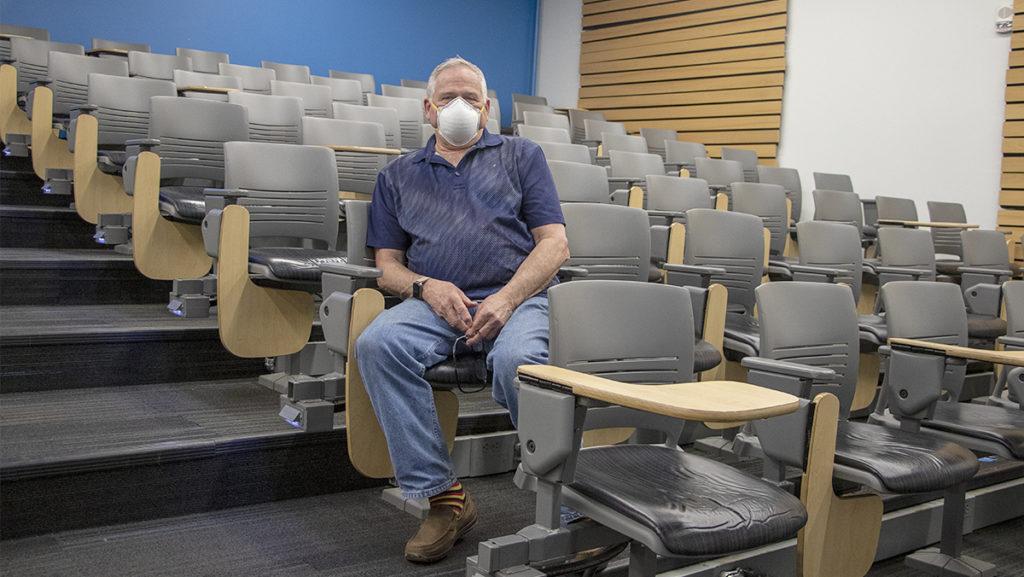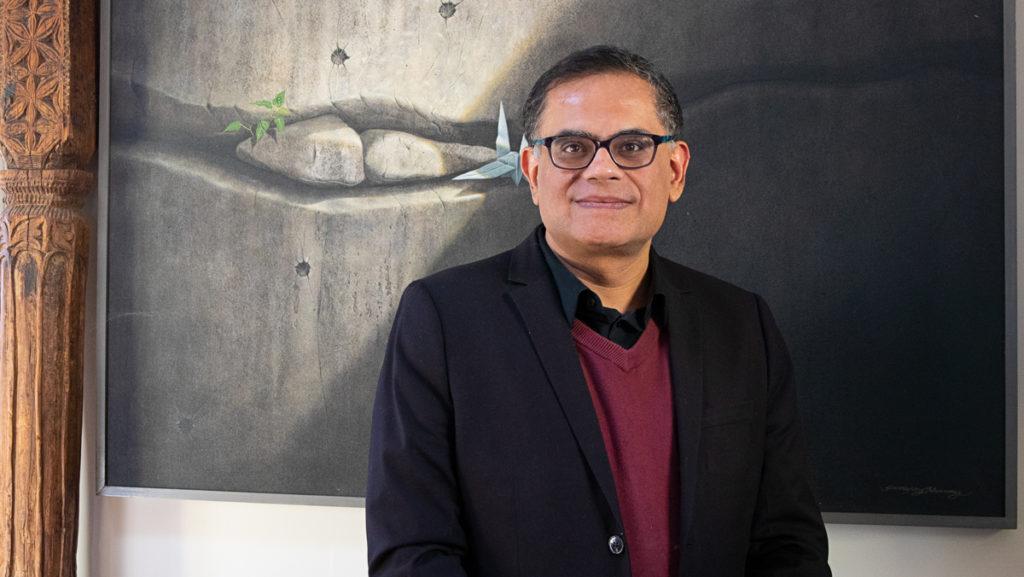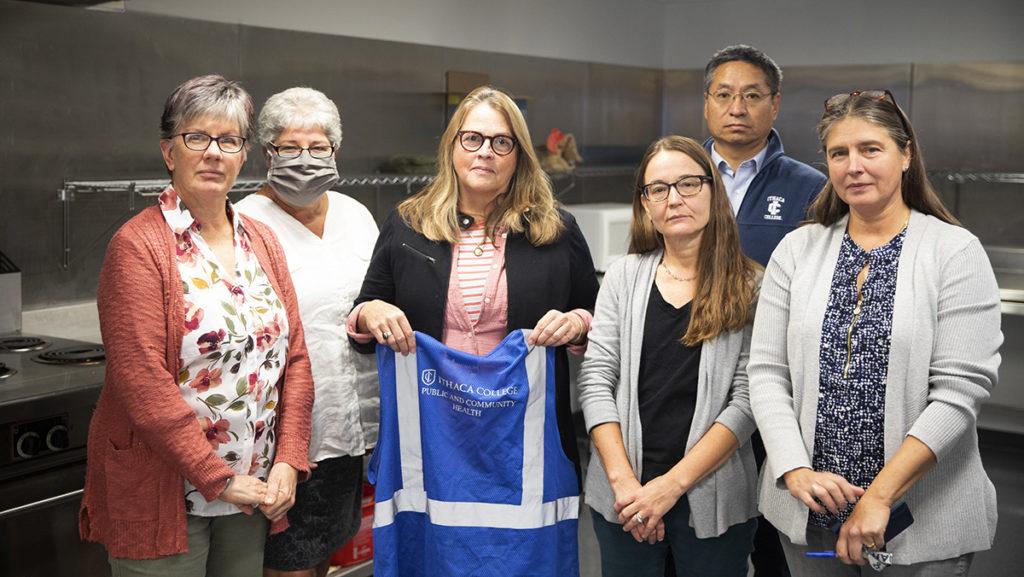Dear Faculty Council Executive Committee,
We write as a group of BIPOC faculty at Ithaca College who have no communal affiliation other than our shared experiences at this predominantly white institution. We do not claim to speak for all BIPOC faculty.
Recent events on campus call our attention to the tenor of the criticism levied at the Senior Leadership Team (SLT). The attacks on the SLT—including belittling remarks made in public forums, closed meetings, and those made casually on social media—reflect prevalent racial and gendered biases. When faculty critique the SLT using gendered and racist language, or familiar gendered and racist tropes and dog-whistles about “competence” and “honesty,” it contributes to a campus climate in which BIPOC faculty already do not feel welcomed or supported.
As BIPOC faculty, we are called to speak in response to long standing inequities at Ithaca College. Only in recent years has the college made progress in hiring BIPOC faculty. As a result, in this time of uncertainty, the majority of BIPOC faculty are untenured. Still, this letter is not about the APP process. Instead, it is about the types of attacks against the SLT and how this creates an unwelcome and isolating work environment for BIPOC faculty.
Recent attacks on the SLT include expressions of concern for BIPOC faculty. In several forums and letters our colleagues have raised concerns about the vulnerability of our BIPOC faculty who are concentrated in the untenured ranks at IC. Yet, during said faculty forums and letters, we have been spoken about but not spoken with. We ask that our colleagues actually see us as part of the community and include us in dialogue before using our positions as leverage to advocate for their own ends.
Furthermore, our current SLT deserves not only basic respect but the same opportunities to lead as previous administrations. Openness should not be mistaken for weakness. In addition to facing an unprecedented global pandemic, the SLT inherited the impact of decisions from previous administrations and high turnover in key positions. The work in front of them is immense. They should not have to spend additional time and energy countering the gendered racial attacks that have been levied at them.
It is well documented that minoritized people, BIPOC women in particular, not only have to deal with everyday issues on the job, but have to do so while negotiating the emotional trauma that comes with being the subject of constant undermining and gendered racial attacks (seen most often as questions about competence and intelligence). When faculty make these attacks on the SLT, they attack other BIPOC faculty as well. What we hear is that we are seen as different, other, and not part of the community. We see these realities, because we also live them as BIPOC faculty at Ithaca College.
If you want to retain us, talk to us, not about us; listen to us and think about the ways you contribute to an environment where racialized bodies are constantly under attack. You may see us as separate from our Senior Leadership Team and the BIPOC women who help lead our College; we do not. BIPOC individuals have never had the option of seeing ourselves as individuals. After all, if you treat people in positions of power this way, how will you treat the most marginal amongst us?
In closing, we ask that we all reflect on how heightened anxiety fuels division and the “us vs. them” binary, and how such an environment is not conducive to shared governance or open communication. We offer this statement because we are part of this community and we want to foster a space where everyone feels welcome to engage in dialogue. We, like everyone else, want to see Ithaca College emerge from this moment stronger than we were before. In order for that to happen we feel it necessary to make our voices heard.
Julian Euell
Associate Professor, Sociology (retired)
Sean Eversley Bradwell
Assistant Professor, Education
Belisa Gonzalez
Director, Center for the Study of Culture Race and Ethnicity
Associate Professor, Sociology
Cynthia Henderson
Professor, Theatre Arts
Christine Kitano
Assistant Professor, English and Writing
Nick Kowalczyk
Associate Professor, Writing
Gustavo Licon
Associate Professor, Center for the Study of Culture Race and Ethnicity
Judith Pena-Shaf
Professor, Psychology
Vinita Prabhakar
Assistant Professor, Writing
Joseph Christian Ungco, OTD, OTR/L
Assistant Professor, Occupational Therapy














